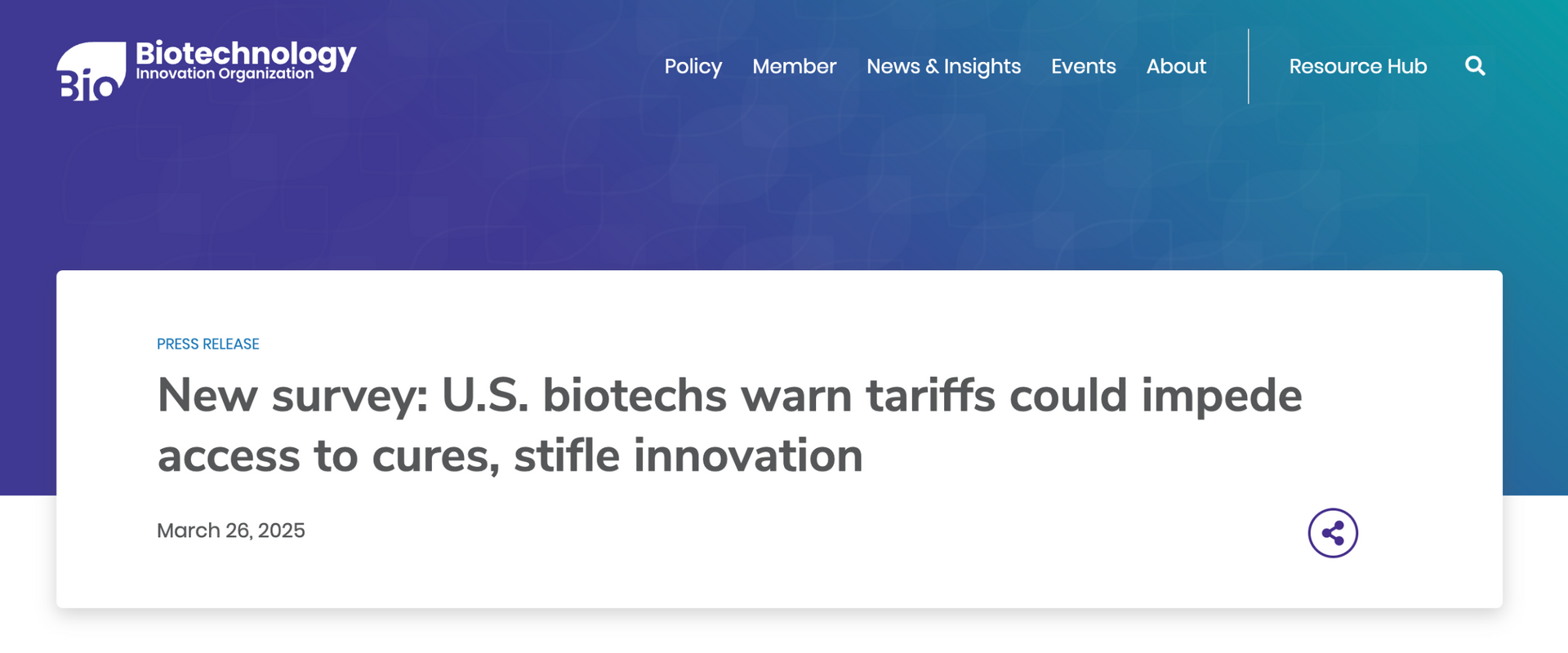Bill on USPTO-FDA Collaboration Reintroduced
This is a subtitle for your new post

A bill titled “The Interagency Patent Coordination and Improvement Act,” or S. 1097, was reintroduced in the U.S. Senate which would create a task force between the United States Patent and Trademark Office (USPTO) and the Food and Drug Administration (FDA) “to improve communication and coordination in implementing each agency’s activities related to pharmaceutical patents,” according to a press release.
The legislation is a response to criticisms that the patent system is being gamed in a way that allows for delays in the introduction of generic and biosimilar drugs.
The U.S. Chamber of Commerce’s Global Innovation Policy Center (GIPC) published a blog post in 2024 urging the USPTO to resist such “misguided ‘coordination’ efforts”. Moreover, critics charge that further coordination requirements between the USPTO and FDA would create additional red tape that would ultimately slow down the innovation process, and most importantly, seemingly invites the FDA to participate in substantive legal decisions on patent law where they have no jurisdiction nor expertise.
RECENT ARTICLES



©2024 | All Rights Reserved | MichBio
Website powered by Neon One

